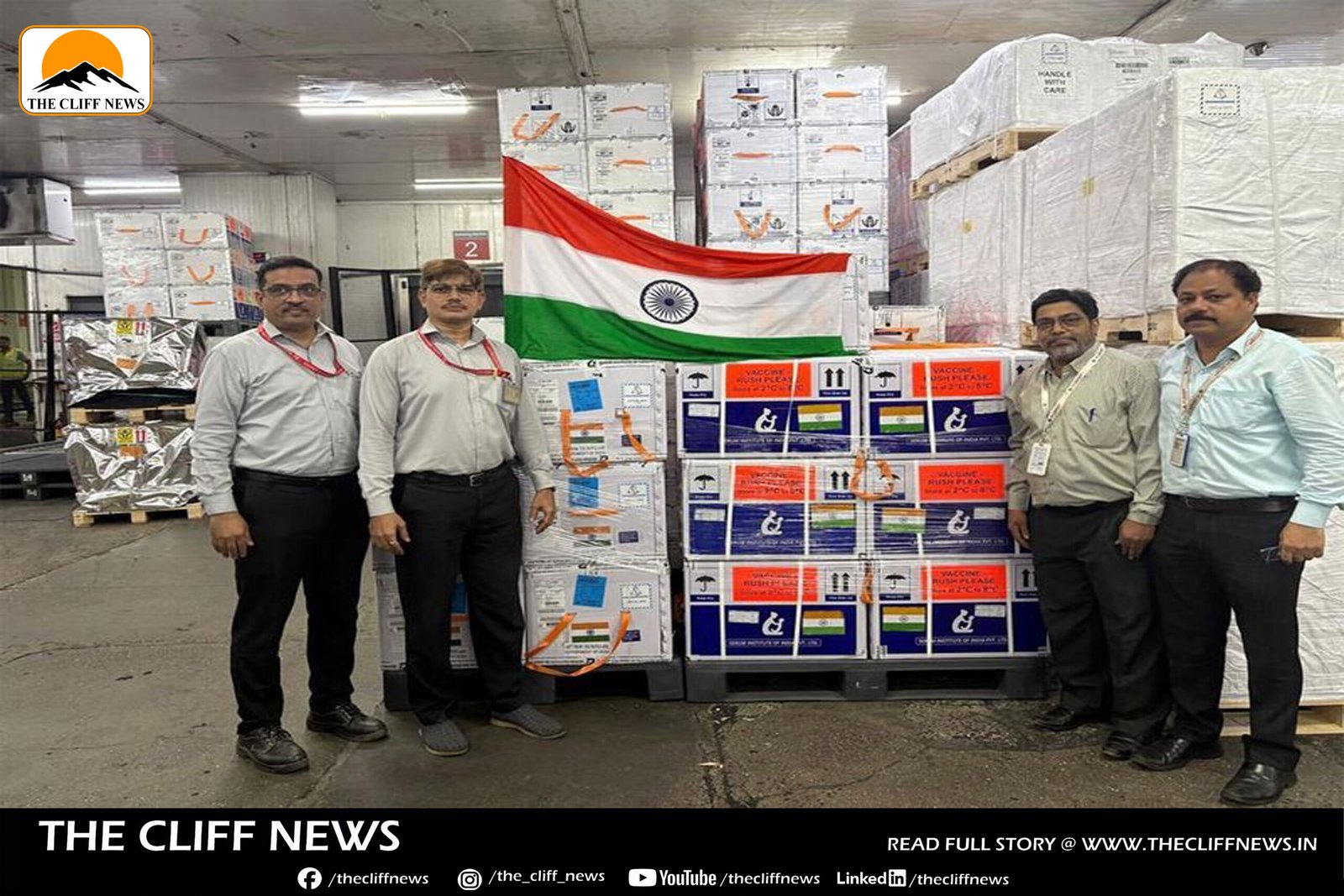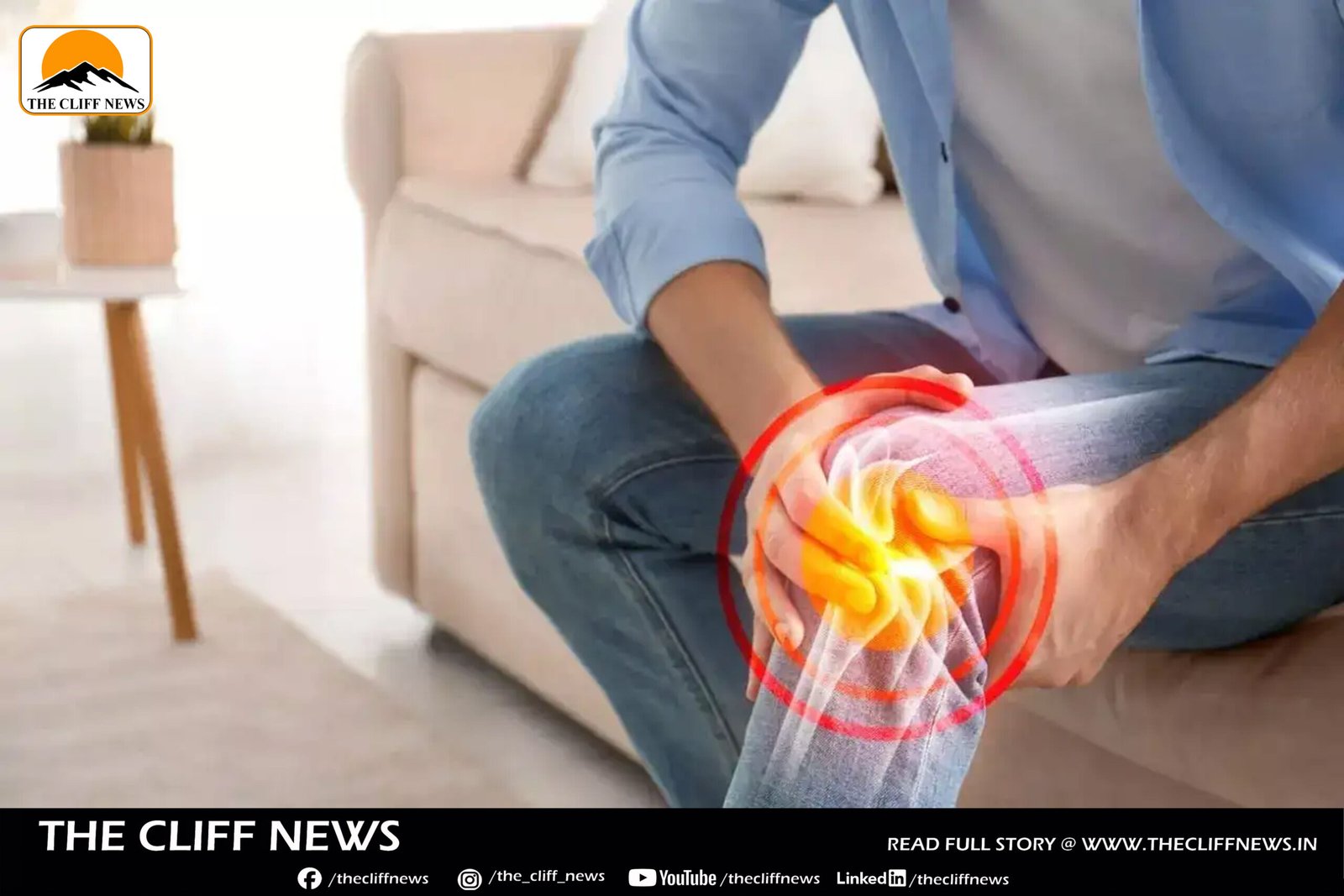India has extended vital medical support to Bolivia by dispatching a consignment of 300,000 doses of Measles and Rubella vaccines, along with essential medical supplies, to aid the country in containing a resurgence of measles cases. The move comes in response to Bolivia’s recent declaration of a National Health Emergency due to a growing outbreak that has already resulted in 60 confirmed cases.
Ministry of External Affairs spokesperson Randhir Jaiswal shared the development on X, stating, “India stands by its friends in the Global South,” reinforcing India’s commitment to international cooperation in public health.
The decision to declare an emergency was made after Bolivia’s National Strategic Council for Health Emergencies held an urgent meeting. President Luis Arce Catacora emphasized the importance of a swift, coordinated response to protect public health. “Our duty is clear: to protect our children and the entire population from a threat that has already raised health alerts across the continent,” he said.
The Bolivian government aims to boost vaccination coverage and enhance emergency preparedness by involving local governments, regional bodies, and international organizations. Special attention is being given to children under five, a group highly vulnerable to measles-related complications such as pneumonia, encephalitis, or even death.
Health Minister Maria Renee Castro stressed the urgency of parental cooperation, revealing that Bolivia has secured 500,000 total vaccine doses for children. She attributed the outbreak to factors including declining vaccination rates, pandemic-era healthcare disruptions, misinformation, and weak continuity in immunization programs.
The aid from India comes at a time of strengthened diplomatic ties. During the recent BRICS Summit in Rio de Janeiro, Prime Minister Narendra Modi met with President Arce to review bilateral cooperation, focusing on areas such as healthcare, critical minerals, pharmaceuticals, Digital Public Infrastructure (DPI), UPI, and capacity building. Both leaders expressed satisfaction over progress and committed to exploring new partnerships.



